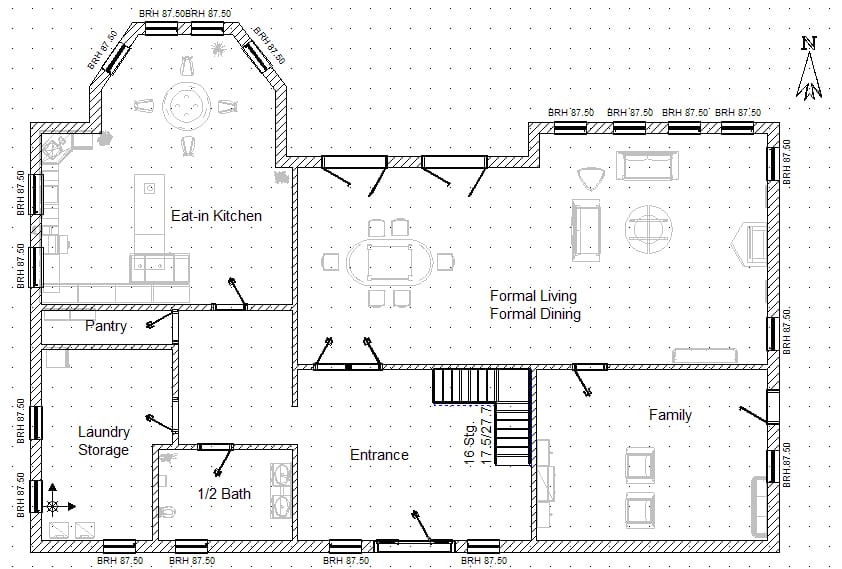Property insurance is one of the simplest types of cover that can be bought. It isn’t a legal requirement, but it is a sensible purchase, and can often be arranged alongside other covers (liability, money, etc) as part of a package. In this blog, we going to take a quick look at what it does and what information a broker will need to put it in place.
Sometimes property insurance is referred to as Material Damage or Property Damage cover.
What can be insured under this type of policy/cover?
Any kind of property insurance you can imagine! But, for most simple insurance products, common covers include Buildings, Contents, Money, Personal Possessions away from the Home and Business Equipment away from the Office.
What is the purpose of this insurance?
Essentially, this type of cover provides you with a promise to either reinstate your property to the condition it was prior to the damage, or loss, occurring or provide an indemnity equal to the value of the property.
Reinstatement means that the property will be put back into the state it was in prior to an insured event occurring.
An indemnity is simply a sum of money, in this case, equal in value to the property that has been damaged.
Warning!
One of the main reasons property claims are not always settled to the satisfaction of policyholders is property being underinsured.
To avoid this, make sure you know the reinstatement value of your property if this is the basis of cover. For example the reinstatement cost of a property will include the following: the rebuild cost, the cost of debris removal/site clearance and professional fees. If you are underinsured, you will not receive a full claims settlement.
When looking for a property insurance quotation, useful information to provide to your broker will include:
- The address and reinstatement cost of the property at risk
- Your loss history, previous flooding or subsidence issues
- The physical security at your premises (alarms, types of locks, etc), fire precautions (smoke alarm, fir alarm, sprinklers) in place
- Age and construction of the property, including details of whether the property is listed
Depending on what information you provide, it may prompt further questions from the broker or underwriter, but the above list is a good start.
We specialise in helping organisations arrange commercial and charity insurance policies. Get in touch if you would like to talk to us about your commercial property insurance, or your own personal property insurance, needs. Finally, for more information about how to buy insurance you can download our buyers’ guide.





